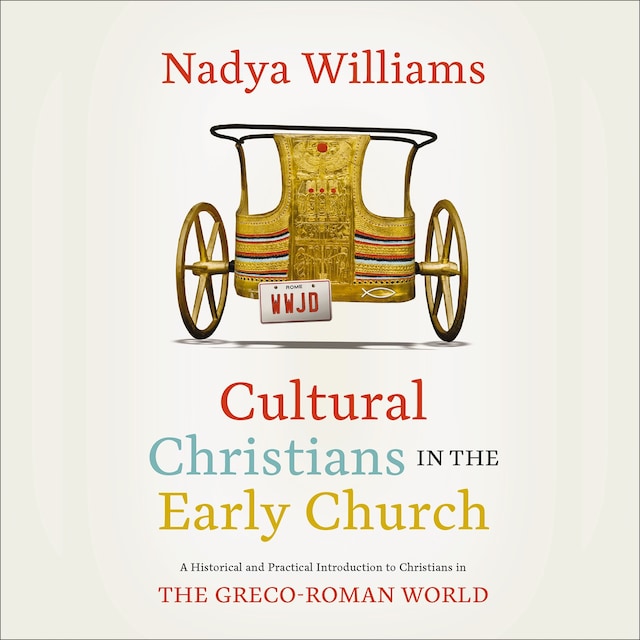
Cultural Christians in the Early Church
A Historical and Practical Introduction to Christians in the Greco-Roman World
Buchbeschreibung
In the middle of the third century CE, one North African bishop wrote a treatise for the women of his church, exhorting them to resist such culturally normalized yet immodest behaviors in their cosmopolitan Roman city as mixed public bathing in the nude, and wearing excessive amounts of jewelry and makeup. The treatise appears even more striking, once we realize that the scandalous virgins to whom it was addressed were single women who had dedicated their virginity to Christ.
Stories like this one challenge the general assumption among Christians today that the earliest Christians were zealous converts who were much more counterculturally devoted to their faith than typical church-goers today. Too often Christians today think of cultural Christianity as a modern concept, and one most likely to occur in areas where Christianity is the majority culture, such as the American "Bible Belt." The story that this book presents, refutes both of these assumptions.
Cultural Christians in the Early Church, which aims to be both historical and practical, argues that cultural Christians were the rule, rather than the exception, in the early church. Using different categories of sins as its organizing principle, the book considers the challenge of culture to the earliest converts to Christianity, as they struggled to live on mission in the Greco-Roman cultural milieu of the Roman Empire. These believers blurred and pushed the boundaries of what it meant to be a saint or sinner from the first to the fifth centuries CE, and their stories provide the opportunity to get to know the regular people in the early churches. At the same time, their stories provide a fresh perspective for considering the difficult timeless questions that stubbornly persist in our own world and churches: when is it a sin to eat or not eat a particular food? Are women inherently more sinful than men? And why is Christian nationalism a problem and, at times, a sin? Ultimately, recognizing that cultural sins were always a part of the story of the church and its people is a message that is both a source of comfort and a call to action in our pursuit of sanctification today.


